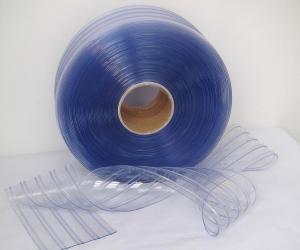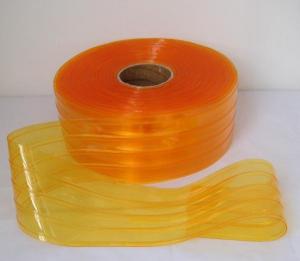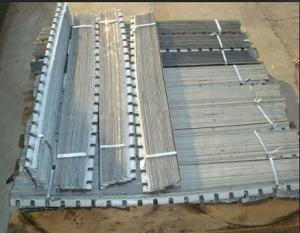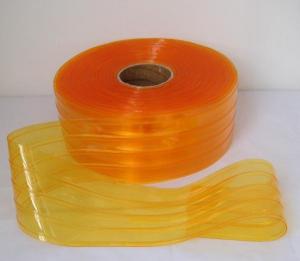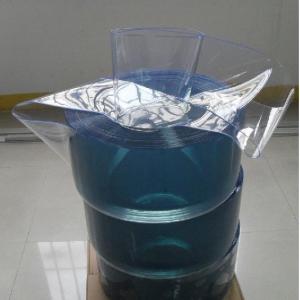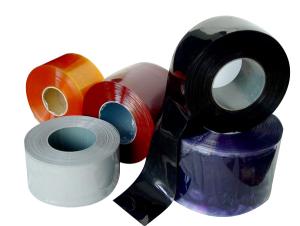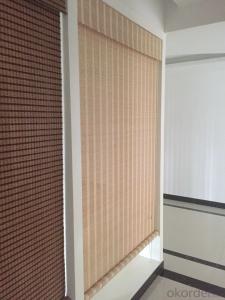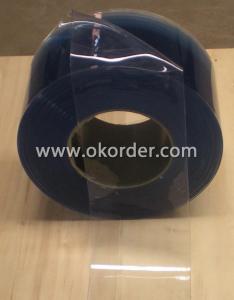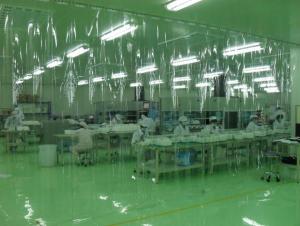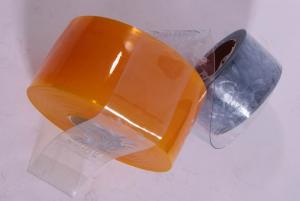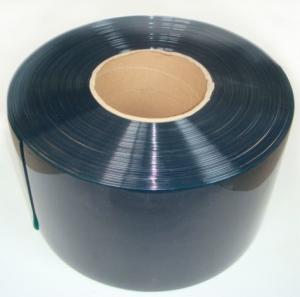Hot Selling Fashion Vertical Blind Curtain Made in China
- Loading Port:
- Ningbo
- Payment Terms:
- TT or LC
- Min Order Qty:
- 1000 m
- Supply Capability:
- 500000 m/month
OKorder Service Pledge
Quality Product, Order Online Tracking, Timely Delivery
OKorder Financial Service
Credit Rating, Credit Services, Credit Purchasing
You Might Also Like
The curtain could be used in home and office for decorating or shading. The material of products in our company is eco- friendly and durable, and the UV-protection for this goods is strong. It's easy to install and disassemble to clean. And it looks quite beautiful and practical. The main materials for curtain are polyester and non-woven cloth, its track is aluminum and the snap is plastic.At the same time, Material, color and size can be customized as customer's demand.


- Q: Are there any specific cleaning products or methods recommended for home appliance plastics?
- Yes, there are specific cleaning products and methods recommended for home appliance plastics. It is generally recommended to use mild, non-abrasive cleaners and avoid harsh chemicals that can damage the plastic surfaces. Additionally, using a soft cloth or sponge for cleaning and avoiding scrubbing too vigorously can help maintain the integrity of the plastic.
- Q: Can plastic home appliances be easily upgraded with new features?
- No, plastic home appliances are not easily upgraded with new features as the plastic components are often fixed and not designed for frequent modifications or additions.
- Q: Are there any specific guidelines for storing or handling spare plastic parts for home appliances?
- Yes, there are specific guidelines for storing and handling spare plastic parts for home appliances. It is recommended to keep them in a cool and dry place, away from direct sunlight and extreme temperatures. Additionally, it is advisable to store them in their original packaging or in labeled containers to easily identify and locate them when needed. Proper handling involves using clean hands and avoiding excessive force or pressure to prevent damage.
- Q: Can home appliance plastics be engineered to be more resistant to heat?
- Yes, home appliance plastics can be engineered to be more resistant to heat. By using different additives and formulations, manufacturers can enhance the heat resistance of plastics commonly used in home appliances. This can involve incorporating heat stabilizers, flame retardants, or reinforcing agents to improve their ability to withstand higher temperatures without deforming or losing their mechanical properties. Additionally, advanced engineering techniques such as polymer blending or composite materials can further increase heat resistance, allowing home appliances to operate more effectively and safely in high-temperature environments.
- Q: Can home appliance plastics be easily molded and shaped into complex forms?
- Yes, home appliance plastics can be easily molded and shaped into complex forms. The plastic used in home appliances is typically highly versatile and can be molded using various techniques such as injection molding, blow molding, or thermoforming. This allows manufacturers to create intricate and complex designs, ensuring that the plastic parts perfectly fit the desired shape and functionality of the appliance.
- Q: What are the main challenges in recycling plastic parts from home appliances?
- One of the main challenges in recycling plastic parts from home appliances is the presence of different types of plastics used in their manufacturing. These plastics may have different melting points and properties, making it difficult to effectively separate and recycle them. Additionally, the presence of other materials like metal or electronic components in home appliances further complicates the recycling process. Ensuring proper collection and segregation of these plastic parts is another challenge, as they are often disposed of with other household waste. Finally, the lack of awareness and infrastructure for recycling plastics from home appliances poses a challenge in effectively implementing recycling programs.
- Q: Are there any specific cleaning methods or products recommended for plastic parts in home appliances?
- Yes, there are specific cleaning methods and products recommended for plastic parts in home appliances. It is generally advised to use mild dish soap or a non-abrasive cleaner with a soft cloth or sponge to clean plastic surfaces. Harsh chemicals, abrasive cleaners, or scrub brushes should be avoided as they can damage or scratch the plastic. Additionally, it is important to check the appliance's user manual for any specific cleaning instructions or recommendations provided by the manufacturer.
- Q: How do home appliance plastics impact the overall noise level of the appliance?
- Home appliance plastics can have a significant impact on the overall noise level of the appliance. Plastics with poor acoustic properties may transmit or amplify noise, resulting in a louder appliance. On the other hand, choosing appropriate plastics with sound-dampening properties can help reduce noise levels, making the appliance quieter and more comfortable to use.
- Q: How does the chemical inertness of plastic used in home appliances affect their resistance to reactions with other substances?
- The chemical inertness of plastic used in home appliances allows them to be resistant to reactions with other substances. This means that the plastic does not easily react or interact with other chemicals or substances, which helps to maintain the integrity and functionality of the appliance. As a result, the plastic remains durable and unaffected by exposure to various substances, ensuring a longer lifespan for the appliance.
- Q: Do plastic home appliances have any health risks associated with them?
- Yes, plastic home appliances can pose health risks due to the potential release of harmful chemicals, such as phthalates and bisphenol A (BPA). These chemicals can leach into food or liquids stored in plastic containers or come into contact with our skin. Prolonged exposure to these chemicals has been linked to various health issues, including hormonal disruptions, reproductive problems, and certain types of cancers. Therefore, it is advisable to choose plastic appliances that are labeled as BPA-free or opt for alternative materials like glass or stainless steel to minimize these risks.
Send your message to us
Hot Selling Fashion Vertical Blind Curtain Made in China
- Loading Port:
- Ningbo
- Payment Terms:
- TT or LC
- Min Order Qty:
- 1000 m
- Supply Capability:
- 500000 m/month
OKorder Service Pledge
Quality Product, Order Online Tracking, Timely Delivery
OKorder Financial Service
Credit Rating, Credit Services, Credit Purchasing
Similar products
Hot products
Hot Searches





